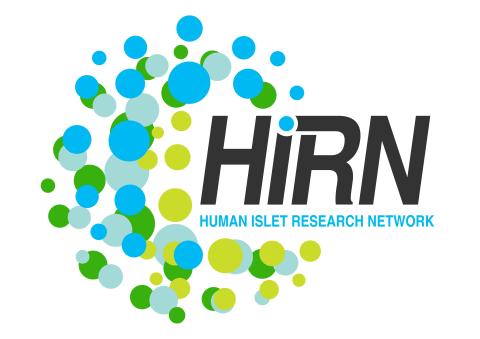MERS-CoV Experiment MDC001 Processed Omics Data Unavailable This experiment evaluated primary human dendritic cells infected with a wild type MERS-CoV (icMERS) virus. Related Experimental Data BioProject: PRJNA315103 GEO: GSE79172 (mRNA transcriptome response) Acknowledgment of Federal Funding The...
Filter results
Tags
- (-) Viruses (14)
- Virology (69)
- Immune Response (53)
- Time Sampled Measurement Datasets (50)
- Gene expression profile data (47)
- Differential Expression Analysis (46)
- Homo sapiens (34)
- Mass spectrometry data (29)
- Multi-Omics (28)
- MERS-CoV (18)
- Mus musculus (18)
- Synthetic (14)
- Health (13)
- Soil Microbiology (13)
- Virus (13)
- West Nile virus (13)
- Ebola (11)
- Influenza A (11)
- sequencing (9)
- Resource Metadata (8)
- Metagenomics (7)
- Omics (7)
- Human Interferon (6)
- Machine Learning (6)
- Omics-LHV Project (6)
- Type 1 Diabetes (6)
- Autoimmunity (5)
- Genomics (5)
- Microarray (5)
- Mass Spectrometry (4)
Omics-LHV, West Nile Experiment WCD003 The purpose of this West Nile experiment was to obtain samples for omics analysis in mouse dendritic cell response to wild-type West Nile virus (WNV). Overall Design: Mouse dendritic cells (2 x 10^5) were treated with wild-type WNV and collected in parallel...
Category
Omics-LHV, West Nile Experiment WCN004 The purpose of this West Nile experiment was to obtain samples for omics analysis in mouse cerebral cortex neurons in response to wild-type West Nile Virus (WNV; WNV-NY99 382) and mutant WNV-E218A (WNV-NY99 382) viral infection. Overall Design: Mouse cortical...
Category
Omics-LHV, West Nile Experiment WGCN004 The purpose of this West Nile experiment was to obtain samples for omics analysis in primary mouse granule neuron cells infected with wild type West Nile virus (WNV-NY99 clone 382, WNVWT) and mutant virus (WNVE218A). Overall Design: Granule cell neurons from...
Category
The Human Islet Research Network (HIRN) is a large consortia with many research projects focused on understanding how beta cells are lost in type 1 diabetics (T1D) with a goal of finding how to protect against or replace the loss of functional beta cells. The consortia has multiple branches of...
Datasets
0
Category
Datasets
3
Machine learning is a core technology that is rapidly advancing within type 1 diabetes (T1D) research. Our Human Islet Research Network (HIRN) grant is studying early cellular response initiating β cell stress in T1D through the generation of heterogenous low- and high-throughput molecular...
Datasets
3
The Environmental Determinants of Diabetes in the Young (TEDDY) study is searching for factors influencing the development of type 1 diabetes (T1D) in children. Research has shown that there are certain genes that correlate to higher risk of developing T1D, but not all children with these genes...
Datasets
1
The Diabetes Autoimmunity Study in the Young (DAISY) seeks to find environmental factors that can trigger the development of type 1 diabetes (T1D) in children. DAISY follows children with high-risk of developing T1D based on family history or genetic markers. Genes, diets, infections, and...
Datasets
1
Category
Category
Omics Lethal Human Virus, SARS-CoV Experiment SM001 New uploads pending The purpose of this experiment was to evaluate the human host response to Severe Acute Respiratory Syndrome coronavirus (SARS-CoV) wild-type virus. Sample data was obtained for 20 week-old C57BL/6J mouse lung tissue infected...
Category
Systems Virology Lethal Human Virus, SARS-CoV Experiment SCL005 New uploads pending The purpose of this experiment was to evaluate the human host response to wild type virus icSARS-CoV Urbani and mutant virus icSARS deltaORF6 (DORF6) infection for subsequent transcriptional and proteomic analysis in...
Category
Systems Virology Lethal Human Virus, SARS-CoV Experiment SCL006 New uploads pending The purpose of this SARS experiment was to obtain samples for transcriptome and proteome analysis in human lung 2B4 cells (clonal derivative of Calu-3 cells) infected with wild type icSARS CoV Urbani and icSARS Bat...
Category
Systems Virology Lethal Human Virus, SARS-CoV Experiment SM003 New uploads pending The purpose of this SARS experiment was to obtain samples for transcriptome and proteome analysis in C57BlL/6 mice lung infected with dicSARS CoV, SARS MA15 wild type and SARS BatSRBD mutant virus. Overall Design...






